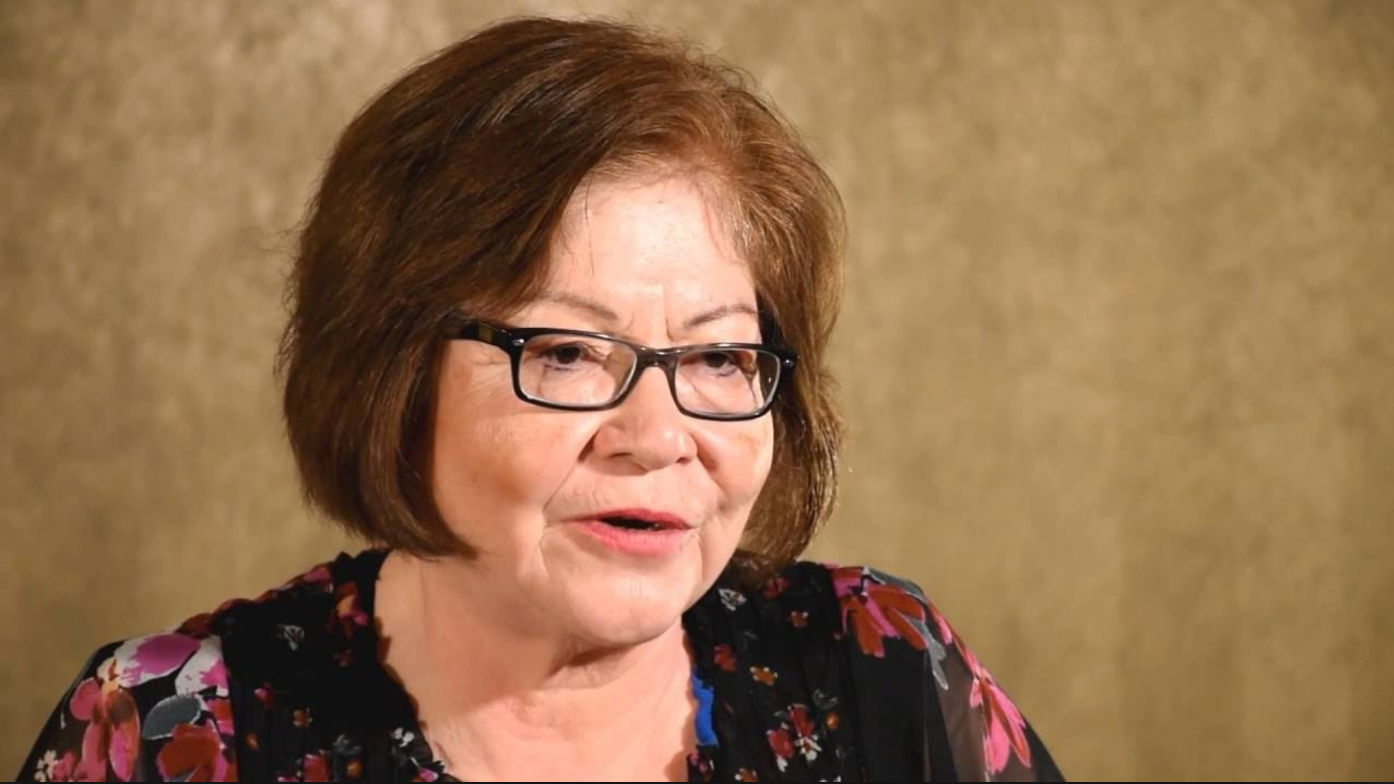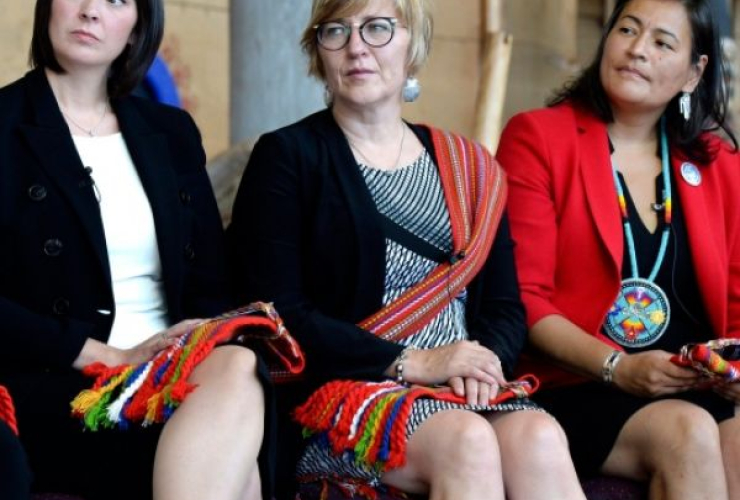An Indigenous woman in Regina says she believes "people are going to die" because of the Saskatchewan government’s decision to shut down the provincial bus service.
Connie Deiter said that’s why she has filed a complaint with the human rights commission alleging that the decision discriminates against her and other Indigenous women.
Deiter said First Nations women took the bus because they couldn’t afford couldn’t afford cars.
"If you’re poor, you don’t have access to a vehicle, a lot of our people don’t, the only option is to hitchhike and that’s already happening," Deiter said Thursday.
"You’ll see people hitchhiking on the road now where they probably would have been taking (the bus). You never used to see them hitchhiking before...but now you’re seeing men and women with their luggage and their children. I saw that in Fort Qu’Appelle just a couple of days ago."
A friend picked up a First Nations elder who was walking with a cane and suitcase, Deiter said.
She said a woman disappeared about two weeks ago while hitchhiking from Yorkton to North Battleford.
"And this has been less than a month since the STC closed, so yeah I think we are looking at ’Highways of Tears’ all over the province," she said.
Her reference was to a notorious stretch of highway in northern British Columbia that became known as the "Highway of Tears" after 18 women were murdered or disappeared since the 1970s.
The Saskatchewan government said it would be inappropriate to comment on the complaint because the matter is before the human rights commission. The government shut down the 70−year−old Saskatchewan Transportation Co. at the end of May as part of an effort to tackle a $1.3 billion deficit.
STC reported a net loss of $13 million in the 2015−2016 fiscal year and the government said it would need $85 million over the next five years to keep operating. The government hopes private companies will fill the void.
Deiter said she’d like to see a system that’s partially funded or organized by the Saskatchewan government.
In British Columbia, First Nations leaders and mayors pushed the government to fund transportation along Highway 16, which stretches between Prince George and Prince Rupert.
The B.C. government finally came up with a transportation plan last year, but only after a decade of advocacy and a 2012 report from a missing women inquiry that recommended bus service along the 700−kilometre corridor where people often hitchhike to get around.
Deiter said the change was only made after women died. She hopes Saskatchewan doesn’t wait for that to happen.
"I just hope that the provincial government shows some sympathy or some empathy for those people who are going to be hitchhiking," said Deiter. "I hate to be the one that’s being a foreteller of bad times, but I mean people are going to die and I’m hoping that there’s going be some sort of a change."





Comments